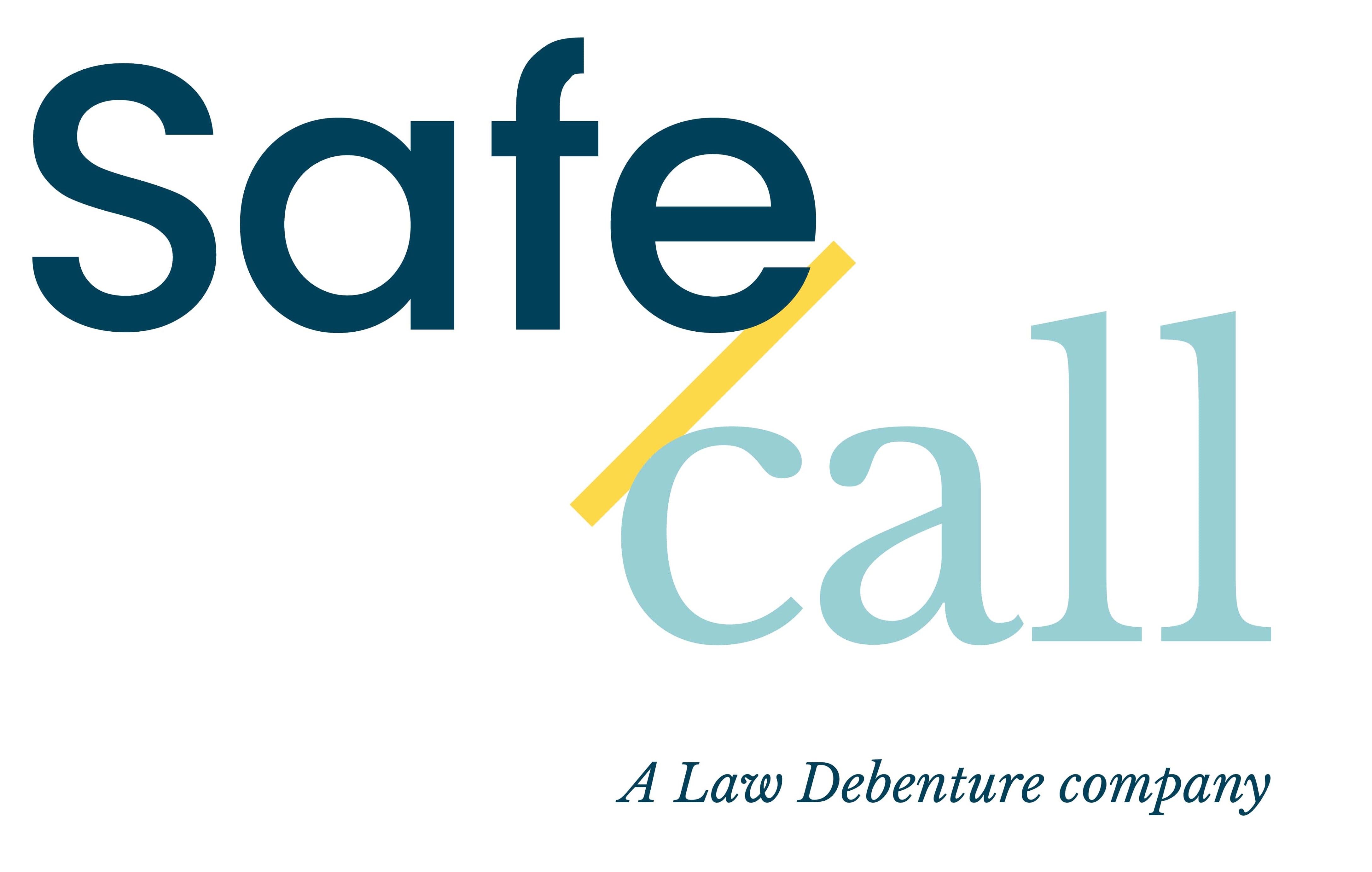With #MeToo and #TimesUp flooding the Twittersphere, the world is experiencing a seismic change from many people feeling empowered to speak publicly for the first time against sexual harassment.
But will this translate into similar speaking out against workplace wrongdoing? Our whistleblowing hotline certainly experienced a significant uptick in sexual harassment reports during the Autumn, although it is too early to know if this will continue.
Either way, our experience and research is that the success or otherwise of 'speak-up' helplines varies widely between organisations, and this depends on the relative importance and support that organisations attach to them.
Organisations that simply have a helpline to ‘tick the compliance box’ typically receive few (if any) whistleblowing reports. As any HR or compliance team will know, silence in such areas is rarely a positive signal. It is almost a paradox that the organisations with the best cultures generate the most helpline reports because employees feel confident about using them.
Effective speak-up procedures are widely seen as best HR practice because they can be effective at identifying serious conduct issues early on. This enables management to investigate and tackle them internally, before they become so serious that they attract the attention of regulators and the media.
Our research shows that many UK organisations already set the standard; treating their whistleblowing programme as a key business asset – and reporting against it accordingly. But for many others it is a different story.
For instance, our recent research into 100 businesses with an independently-administered hotline revealed 42% did not monitor its effectiveness at all. This will mean they have little idea of how their helpline performs, how effectively the reports it generates are handled, or any resulting outcomes.
An effective speak-up service is dependent on several factors. Employee trust is critical, as is effective promotion, the presence of a receptive management culture, and evidence that the company takes reports seriously.
At the heart of this is ensuring that managers handle reports effectively. Unfortunately our research suggests the critical role of managers is being overlooked, with only 17% of organisations training them on how to handle a speak-up report.
According to Public Concern at Work the majority of workplace concerns are raised internally at managerial level, giving organisations a golden opportunity to resolve issues early on. A mishandled report can easily lead to an employee being victimised or identified against their will, which (aside from any legal implications) will have a catastrophic effect on the willingness of others to report misconduct.
Effective measurement is critical too. Our research revealed most companies use basic metrics – such as number of reports received – in their analysis. The minority who undertake a more sophisticated approach also use insights such as substantiation rates, employee feedback, report themes and eventual outcomes. Getting it right delivers substantial business benefits. For example, our research also found that over the past year reports submitted through an independent hotline had helped 20% of businesses successfully recover company assets, 17% launch criminal proceedings, and 62% improve their internal controls. As custodians of corporate culture HR teams have a key role to play – particularly when it comes to perceptions of the whistleblowing hotline as an important ethical safety valve, and not a peripheral irrelevance.
As more organisations shift towards an ethically-driven, employee-focused culture the role of speak-up hotlines will become ever-more important in revealing a company’s shortcomings. Accurate measurement will quickly reveal opportunities for improvement – and increase the chance of uncovering the risks you need to know about.
John Wilson is chief executive of Expolink









